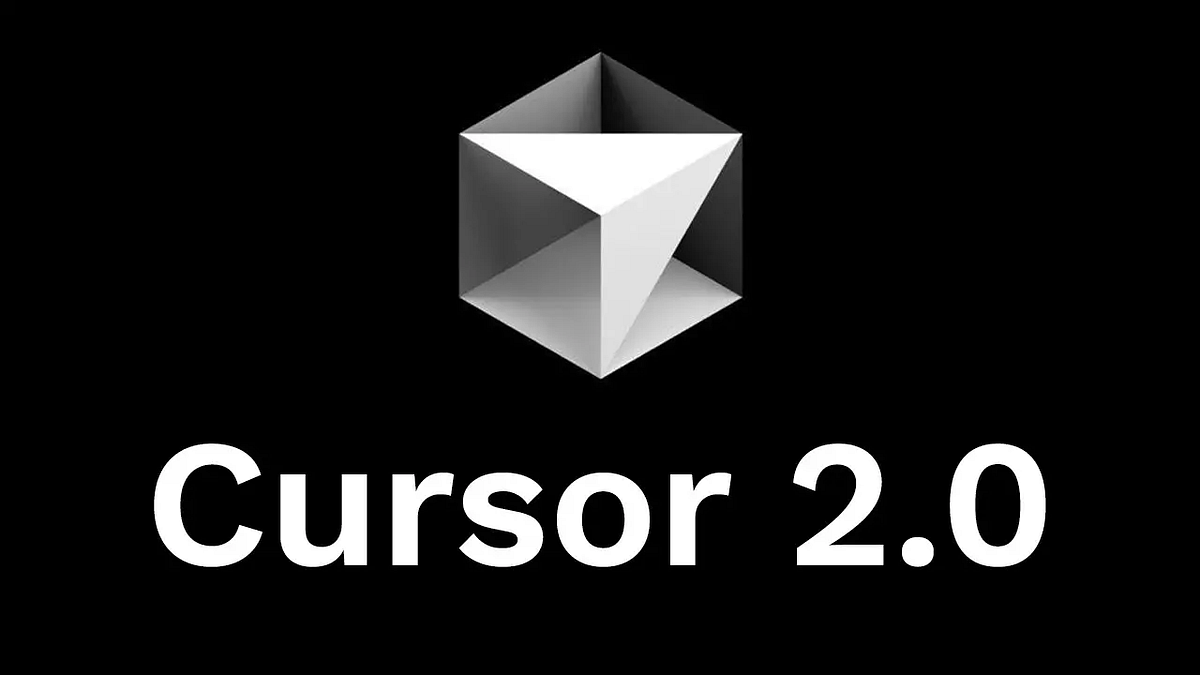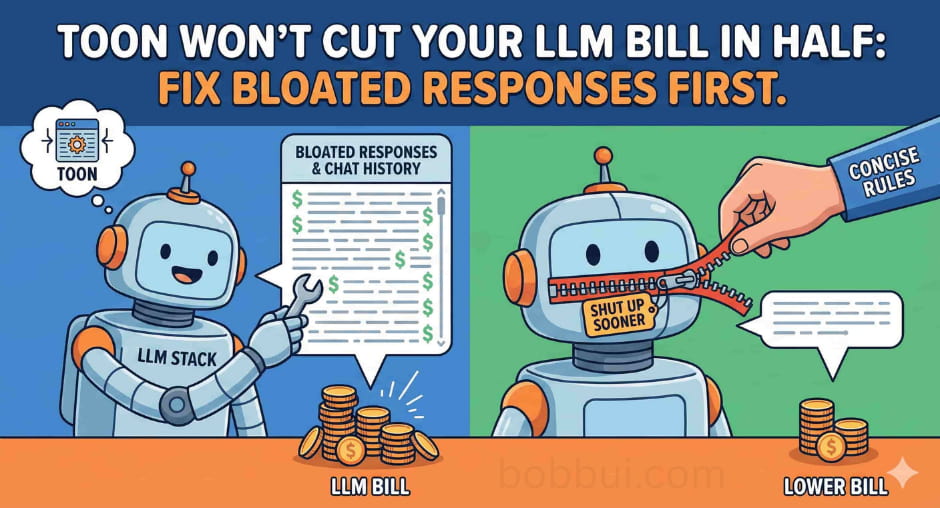· Product Strategy · 5 min read
Specialized beats general: Cursor 2.0 shows how to build a moat in agentic coding
Wrappers die when platforms change. Cursor 2.0 shows the alternative: own the loop—model + runtime + editor—so speed compounds into defensibility. Here’s the playbook and where wrappers still win.

The strategic signal in Cursor 2.0
Cursor’s latest release reads like a strategy memo: stop renting the core and own the loop. The company shipped a proprietary coding model tightly coupled to its runtime and editor so end-to-end cycle time drops. Their public claim (even though I highly doubt it) is clear enough to measure—about 4× faster with most turns under 30 seconds—and that’s the point: defensibility shows up first as throughput, not as a feature list. [5]
Own the loop: model + runtime + editor
General models compete on broad capability. Agentic coding competes on loop time and loop quality:
- Plan: break work into tasks.
- Write: produce diffs with context.
- Test: execute, observe, iterate.
- Review: explain changes, surface risks.
- Ship: open PRs, pass CI, merge.
You win by collapsing handoffs. When one vendor owns all three layers, they can optimize end-to-end loop UX instead of nudging a rented model via prompt grease. Improvements compound across layers and are hard to copy without runtime or editor control.
Why now: specialization pressure from both directions
Platforms are making the same move. OpenAI relaunched Codex in May 2025 as a cloud software-engineering agent powered by coding-specialized gpt-codex model, with isolated sandboxes preloaded with your repo, structured test runs, and first-class PR reviews. It even reads an AGENTS.md file to guide behavior. That’s a textbook case of owning the loop at platform scale—model + runtime + editor surfaces under one roof. [1]
If your value is “we use a great model,” you’re racing the platform’s vertical integration. The viable path is specialize for the job (coding, data work, compliance, support) and integrate the workflow so you capture the loop and its telemetry.
Platform risk is real: learn from the Plugins sunset
We’ve already lived a deprecation cycle. OpenAI ended new ChatGPT Plugins conversations on Mar 19, 2024, with existing plugin chats cut off on Apr 9, 2024. If your product’s critical path depended on the Plugins runtime, you felt it. [2]
Recent ways GenAI platforms restrict would-be competitors:
- OpenAI Services Agreement [effective 2025-05-31]: forbids using Output to develop AI models that compete with OpenAI’s products, with narrow exceptions. Reverse engineering and model extraction are also banned. [3]
- Google Gemini API Additional Terms [2025-10-17]: prohibits using the services to develop competing models, and bans attempts to extract or replicate underlying models or weights. [4]
Documented enforcement events (not just policy text):
- Anthropic → OpenAI (Aug 1, 2025): Anthropic revoked OpenAI’s Claude API access, citing ToS violations related to model evaluation and competitive use. [6], [7]
- Anthropic → Windsurf (June 2025): Anthropic cut Windsurf’s direct access to Claude 3.x amid reports that OpenAI was in acquisition talks with the coding startup; leadership later confirmed the rationale. [8]
- Midjourney (ongoing): Explicit bans on automation and third-party wrappers are enforced via account blocks, limiting wrapper-style products from scaling on top of the service. [9]
- About OpenAI vs. DeepSeek: There’s no confirmed public case of OpenAI directly “blocking DeepSeek” at the API level as of Nov 4, 2025. What is documented: OpenAI publicly questioned DeepSeek’s training provenance and urged policymakers to consider bans on PRC-affiliated models, while regulators and app stores in multiple countries restricted DeepSeek distribution. [10], [11], [12]
The lesson: if a platform owner can remove oxygen to protect its roadmap, it eventually will. If your product breaks when a single vendor flips a switch, you built a feature flag, not a business.
Where wrappers still win
Wrappers aren’t dead. They just need narrow moats.
- Regulatory surface: domains with non-negotiable controls, audit trails, and deterministic tooling—think SOX/SOC-heavy workflows—where your compliance layer is the product.
- Data gravity: sit next to the data with stable access patterns—air-gapped, on-prem, or inside a VPC runtime competitors can’t reach.
- Proprietary evaluators: private test suites, linters, and checkers that decide “good enough to ship,” not just “passes unit tests.”
- Distribution lock: you already own the daily surface—e.g., the ticketing system, the code review tool, or the terminal—so you can steer users into your loop.
- Vertical workflows: narrow industries where domain tools and schemas are stable and you can harden a small set of actions with deterministic adapters.
- Cost arbitrage: sustained unit-economics edge via routing, caching, or distillation that competitors can’t reproduce without your traffic profile.
A smell test: if your differentiator reads “better prompt and nicer UI,” you’re one platform change away from churn. If it reads “own the action, the test, and the approval,” you have a shot.
Key takeaways
- Specialize for the job. Agentic coding rewards loop ownership.
- Integrate the workflow. Model alone isn’t enough; runtime and editor decide UX and trust.
- Reduce platform exposure. The Plugins sunset showed how fast access can change.
- Measure throughput, not just IQ. Sub-30s turns and deterministic tools beat a clever model that waits.
- Wrappers can still win. Focus on compliance, data gravity, private evaluators, verticals, and distribution.
—
What’s one wrapper you’ve seen survive a platform change, and why did it hold up?
Follow me on LinkedIn or X for the best replies and future deep dives.
References
[1] OpenAI — Introducing Codex [research preview; codex-1; sandboxes; AGENTS.md]
[2] Zapier — Sunsetting the ChatGPT Plugin [dates: Mar 19 and Apr 9, 2024]
[3] OpenAI — Services Agreement [effective 2025-05-31]
[4] Google — Gemini API Additional Terms [updated 2025-10-17]
[5] Cursor — Introducing Cursor 2.0 and Composer
[6] WIRED — Anthropic revokes OpenAI’s Claude API access [2025-08-01]
[7] TechCrunch — Anthropic cuts off OpenAI’s access to Claude models [2025-08-02]
[8] TechCrunch — Anthropic co-founder on cutting Windsurf access [2025-06-05]
[9] Midjourney — Community Guidelines [automation and third-party apps policy]
[10] The Guardian — OpenAI ‘reviewing’ allegations DeepSeek used its models [2025-01-29]
[11] Reuters — Italy regulator blocks DeepSeek app [2025-01-30]
[12] AP — Downloads of DeepSeek’s apps paused in South Korea [2025-02-17]
